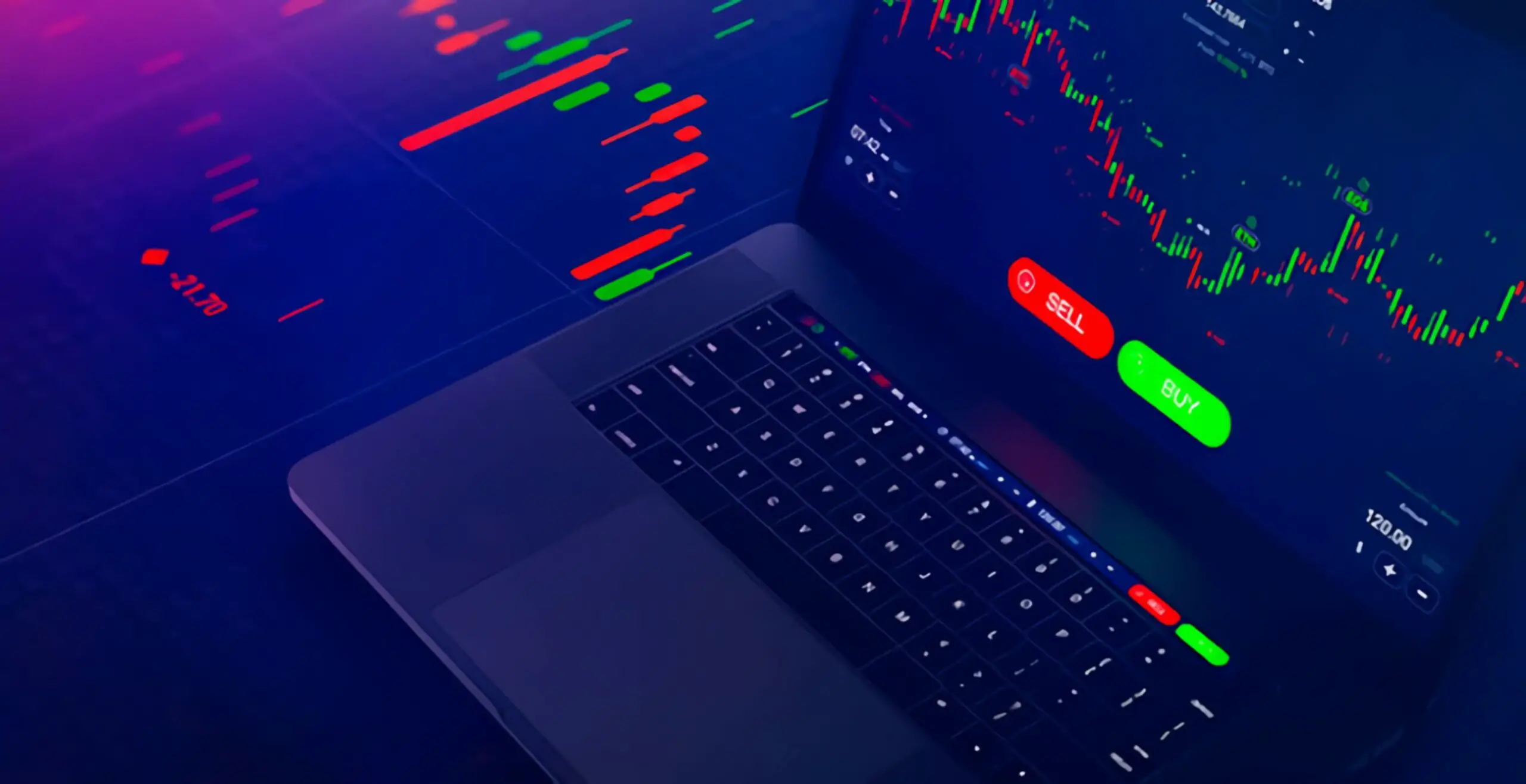Put options are a way to make money when the stock market goes down. They allow you to sell a stock at a set price, even if it is lower than what you paid for it. However, many people wonder if they have to own the stock to buy a put option. So, can you buy a put option without owning the stock?
In this short article, we will discuss how put options work and how you can make money by buying them without owning the underlying stock.
Do you have to own a stock to buy a put option?
No, you can buy a put option without owning the stock. You can trade options regardless of whether you own the underlying asset or not. This is because options are derivative instruments, meaning their value is derived from the underlying asset.
Another reason why you do not need to own the stock is that options are bets on the future price of a security. If you think the price of a particular stock is going to fall, you can buy a put option to bet on this movement.
Of course, there are advantages and disadvantages to both owning the underlying asset and not owning it.
Advantages and disadvantages of owning the stock
If you do own the stock, buying a put option gives you downside protection in case the price falls. However, if the price of the stock rises, you will miss out on these gains as your put option will limit your upside potential.
On the other hand, if you do not own the stock, buying a put option is a way to speculate on the price movement of a particular stock without having to put down the full value of the asset. However, you need to be aware of the risks involved in this strategy. If the price of the underlying stock rises, your put option will lose value.
So, if you don't own the stock but think its price will fall in the future, you could buy a put option to hedge your downside risk. Of course, if the stock price doesn't fall as you expect, you could lose money on your trade.
Options are complex financial instruments and require a certain level of understanding before trading them. If you're new to options trading, it's important to learn about the different types of options contracts and how they work before putting any real money on the line.
How put options work
Now that you know you don't need to own a stock to buy a put option, you may be wondering how these trades work. When you buy a put option you are essentially buying to open the trade.
You will pay a premium for the possibility of selling the underlying asset at a predetermined price (strike price) on or before a certain date (expiration date).
If the stock price falls below the strike price before expiration, you can exercise your option and sell the stock at the strike price. Even if it's trading lower than that in the market.
On the other hand, if the stock doesn't fall below the strike price, your option will expire worthless and you'll lose 100% of your investment. Before entering into any options trade, it's important to have a clear understanding of the risks and potential rewards.
Options are leveraged investments, which means they can provide high returns, but they can also result in total losses.
Why you do not have to own the stock before buying a put option?
You might be wondering why you don't have to own the stock before buying a put option. After all, doesn't owning the stock give you the right to sell it? Not necessarily.
Remember, a put option is a right but not an obligation to sell a stock at a certain price. So, if you don't own the stock, you can still buy a put option. This is because you're not actually selling the stock, you're just buying the right to sell it.
Conclusion
We hope this short summary has helped clear things up. Now that you know how put options work, you may be interested in learning more about how to trade them. Feel free to read our articles on options or contact a professional options broker for more information.

